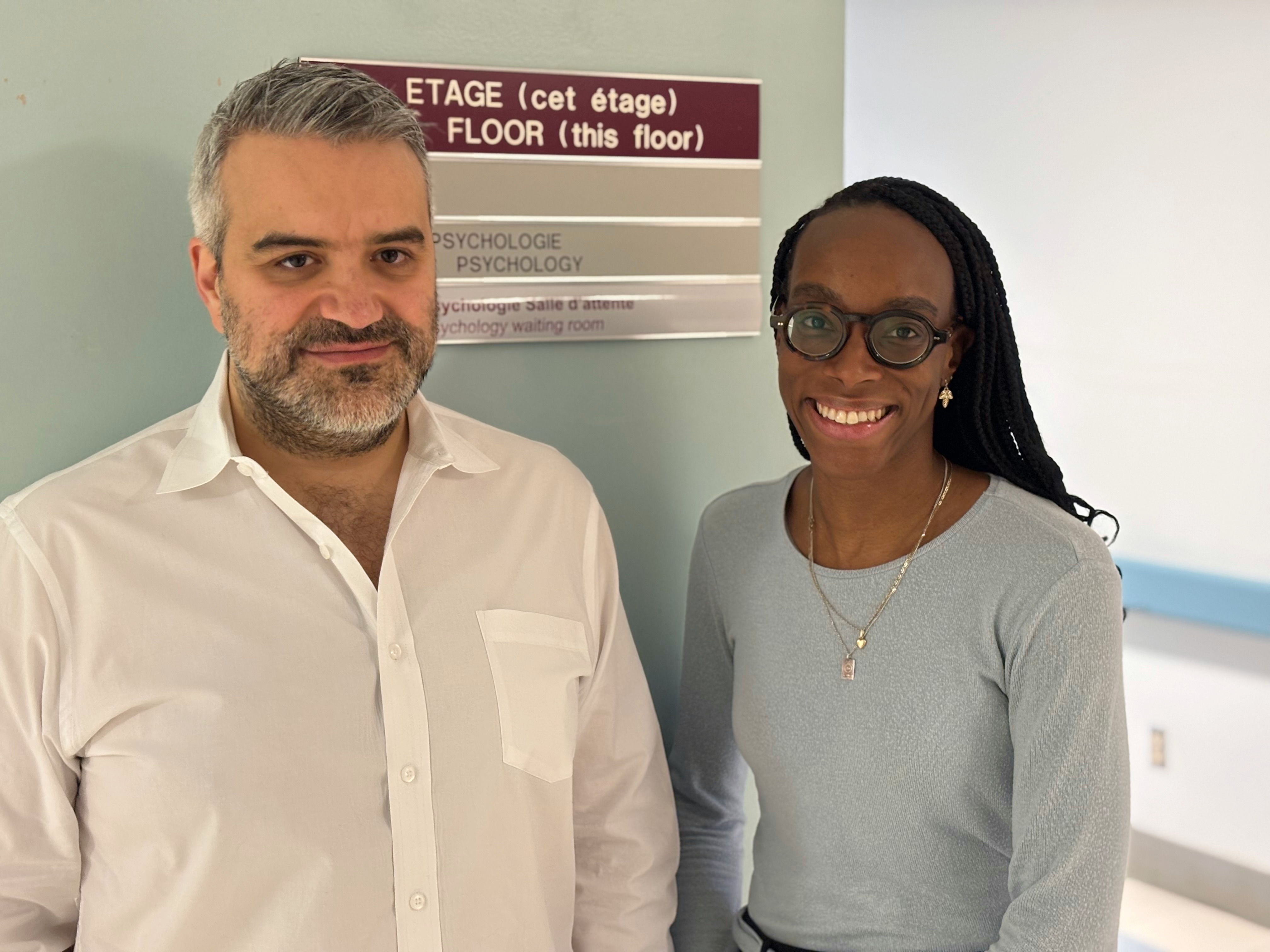February is Psychology Month!
Here at the MUHC, more than 70 psychologists help patients at both our adult and pediatric sites. Let’s delve into some fun facts about them as we celebrate Psychology Month in February!
MUHC psychologists contribute to the Bridge Program and the Pediatric Psychology Clinic. As part of the Consultation-Liaison Psychiatry team, the Bridge program provides mental health assessment for adult patients in medical and surgical outpatient clinics—in other words, patients whose mental health is affected by a medical diagnosis or treatment. Patients are pointed to the appropriate services within the MUHC or the community. Similarly, at the Children’s, the Pediatric Psychology Clinic cares for pediatric patients with significant mental health issues in relation to their medical condition. No patient is left to navigate their needs on their own thanks to the work of psychologists.
Our psychologists are hard at work not just in mental health programs (i.e., mood and anxiety disorders, personality disorders, OCD, etc.), but in medical clinics such as irritable bowel disease (IBD), traumatic brain injury (TBI), chronic viral illness, and oncology. Psychologists assist with the development and implementation of psychosocial assessment strategies for cardiology and transplant, patients as well. This reflects an expanding role for psychologists, one that is taking place nationally and internationally. Psychologists are being increasingly recognized for their role in treating physical conditions. This leads us into our next point.
Psychologists understand the deep connection between mental health and physical health. Their expertise enhances medical interventions, addressing the psychological challenges that accompany illness or injury. “It’s about optimizing the outcome of a health intervention,” explains Jennifer Russell, chief of the Department of Psychology, MUHC Adult sites. “When we help patients manage stress, navigate emotional challenges, improve concentration, cope with uncertainty, and build emotional resilience, we empower their medical treatment by enhancing adherence, fostering self-efficacy, and improving overall well-being.”

Psychologists have begun using virtual reality for treating phobias and anxiety disorders. This innovative approach allows patients to immerse themselves in simulated environments to face their fears—such as airplanes or heights. It’s an exciting way to offer treatment to individuals who may find traditional therapy challenging. Simulated scenarios can help patients reach goals that previously seemed insurmountable.
A core principle of psychology is goal setting. Psychologists are dedicated to helping people set meaningful and attainable goals. At the MUHC, we are privileged to have highly skilled psychologists who guide patients in setting clear, actionable goals that enhance their well-being and improve their overall quality of life.
“These goals often extend to the pursuit of meaningful activities such as returning to school or building stronger relationships,” explains Jennifer. “Therapy is not just about symptom management, although that is certainly a central focus of our work. It’s also about empowering individuals to lead full and fulfilling lives.”


